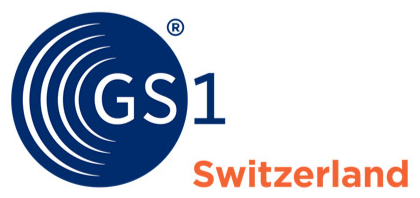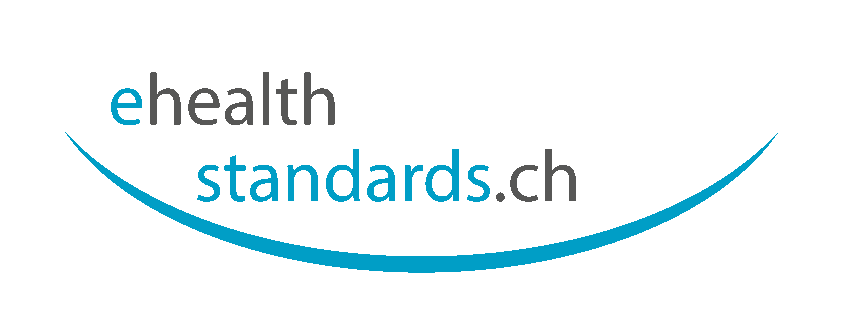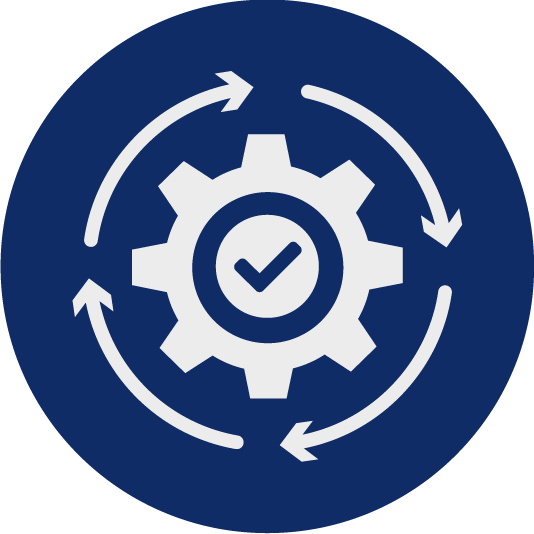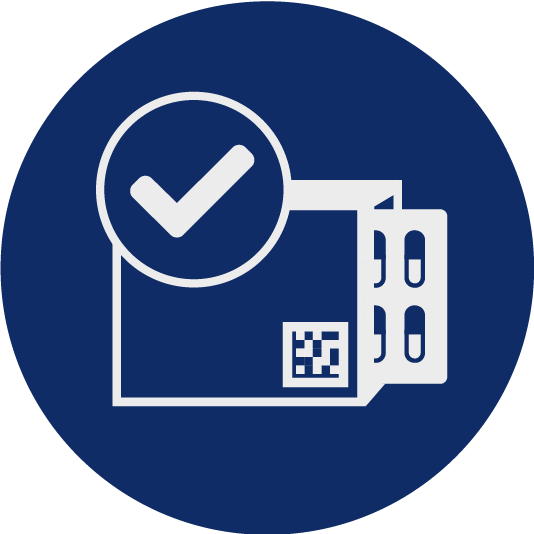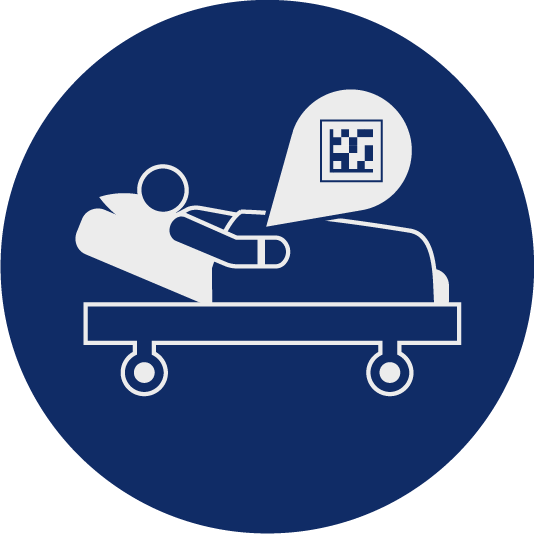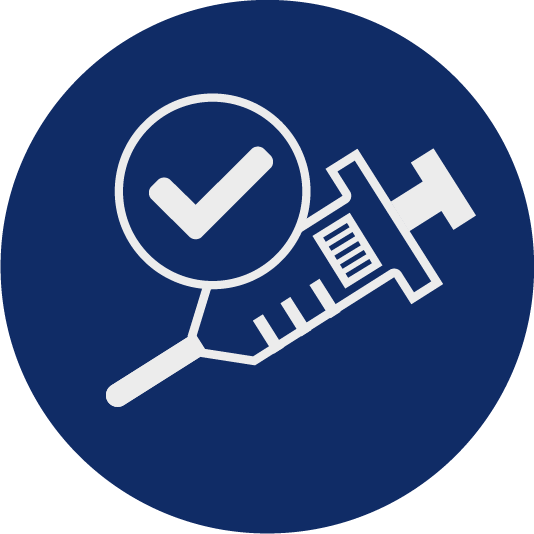GS1 standards in healthcare
The Swiss healthcare system has been established in the market for 30 years. Its strengths include guaranteed access to healthcare and the high quality of care.
However, the system also has weaknesses. Its transparency is limited and many processes and the associated exchange of data and information are not consistent.
The term health care is used to describe the complex health care system for providing health care and maintaining health. The healthcare system includes all persons, companies, organisations, facilities, regulations and processes whose task is to heal and maintain health and to safeguard it through the prevention and treatment of diseases and injuries. The Swiss health system has a federal structure.
Measured in terms of gross domestic product, Switzerland has one of the most expensive healthcare systems. However, its strengths include guaranteed access to health care and high quality of care. However, the system also has weaknesses. Its transparency is limited and many processes and the associated exchange of data and information are not universal.
The challenges in healthcare are great and the parties involved, up to the consumer, have different demands. There is a need to catch up in terms of digitalisation and comprehensive networking of all parties involved in the healthcare system. Digitalisation also forms the basis for topics such as traceability, master data exchange and counterfeit protection, which are top priorities in the healthcare supply chain.
Many digital processes in healthcare are supported by global GS1 standards, guarantee more security, ensure end-to-end transparency and traceability in the healthcare supply chain and increase patient safety.
Information on various areas in the health sector
These topics might also interest you
